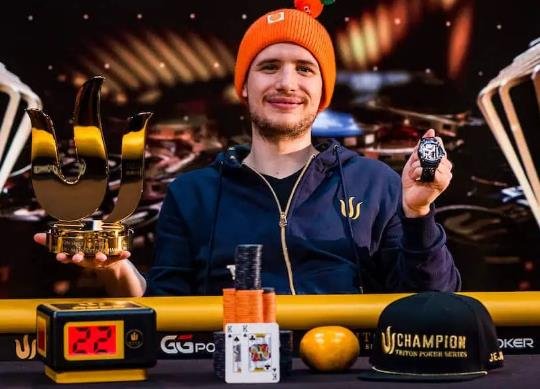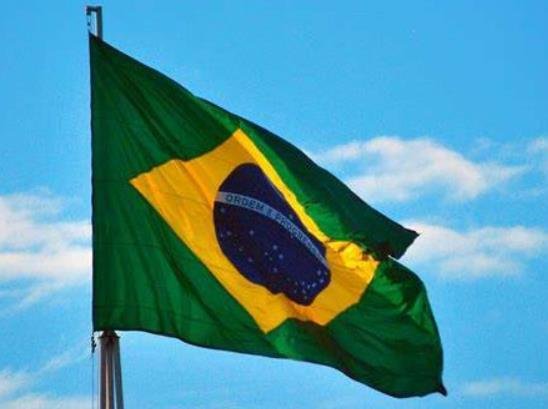B2B gaming content provider Inspired Entertainment has inked a deal with sports betting software supplier Altenar, setting the stage for a major expansion of Virtual Sports in the sportsbook market. This partnership brings Inspired’s Virtual Sports content to Altenar’s growing global platform, giving its customers access to a new wave of betting options for the first time.
Altenar Expands Its Offerings with Virtual Sports
Altenar is no stranger to innovation in sports betting. With operations in over 30 countries, the company provides everything from basic software to fully managed sportsbook solutions. Recently, Altenar has strengthened its presence in South America, particularly in Peru and Brazil.
Now, with Inspired’s Virtual Sports products in the mix, Altenar’s sportsbook is set to diversify its offerings further. This integration means Altenar’s partners can now tap into Virtual Sports betting—an area that has seen significant growth as bettors look for new and engaging experiences.

What Inspired Entertainment Brings to the Table
For Inspired Entertainment, this partnership is about expanding its reach in the sportsbook market. Brooks Pierce, President and CEO of Inspired, highlighted how the company’s Virtual Sports products will complement Altenar’s platform, bringing a fresh layer of engagement for bettors.
Pierce stated:
“We are excited to launch our Virtual Sports with Altenar. Their global sportsbook platform enables us to seamlessly integrate our Virtual Sports offering with their sports betting technology.”
Virtual Sports is a growing segment in the betting industry, fueled by advanced graphics, realistic simulations, and fast-paced betting options. Inspired’s portfolio includes simulated football, horse racing, basketball, and other Virtual Sports, many of which are tied to partnerships with major sporting leagues.
How This Partnership Benefits Operators
For sportsbook operators, the integration of Virtual Sports presents new opportunities to drive revenue and keep players engaged. Altenar’s Director of Operations, Antonis Karakousis, underscored this point, emphasizing the importance of expanding betting options for partners.
Karakousis said:
“Altenar is excited to join forces with Inspired to bring their award-winning Virtual Sports products to the Altenar sportsbook platform.”
This collaboration is expected to provide Altenar’s sportsbook partners with several key advantages:
- Access to high-quality Virtual Sports with professional sports league collaborations.
- Increased player engagement with on-demand betting options.
- More revenue streams as Virtual Sports operates around the clock, unlike live sports events.
The Growing Market for Virtual Sports
Virtual Sports has seen a steady rise in popularity, especially in markets where traditional sports betting is heavily regulated or where live sports availability is limited.
A report by Research and Markets projects that the Virtual Sports betting market will exceed $20 billion by 2028, driven by technological advancements and increased adoption by sportsbook platforms. With Inspired Entertainment already a major player in this space, its partnership with Altenar signals a strategic move to capitalize on this upward trend.
What’s Next for Altenar and Inspired?
With Altenar’s expanding footprint in Latin America and beyond, the addition of Inspired’s Virtual Sports could make a significant impact on the sportsbook market. Both companies are expected to continue growing their presence in regulated betting markets, offering innovative solutions that enhance the user experience.
For operators and bettors alike, this partnership means more choices, more engagement, and ultimately, more opportunities in sports betting.








